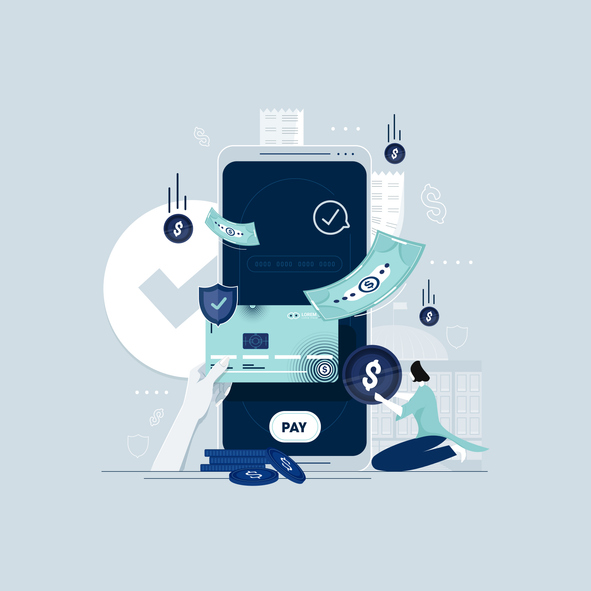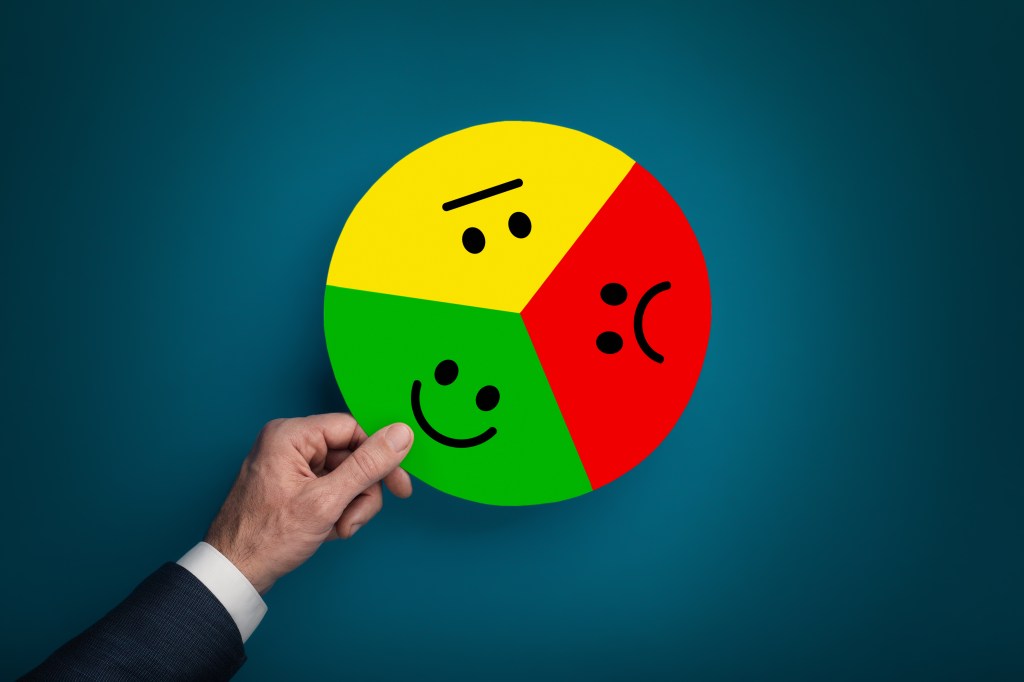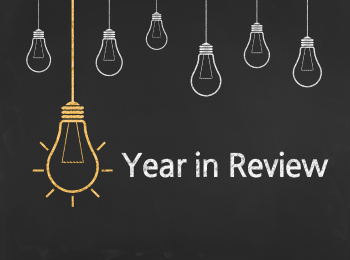Forgive Them, They Know Not What They Do
Politicians want votes, lawyers want a percentage and business owners simply want their business to survive and thrive. These facts collided near the end of March 2020 when states began enforcing various stat-at-home orders in response to COVID-19.
Author: Chris Boggs Politicians want votes, lawyers want a percentage and business owners simply want their business to survive and thrive. These facts collided near the end of March 2020 when states began enforcing various stat-at-home orders in response to COVID-19. By mid-April, at least 42 states had enacted quarantine orders that closed businesses considered “non-essential.” Businesses only exist when there is a steady stream of income; when the state closed the businesses, the revenue stream went dry. To replace the lost revenue, the business owners declared non-essential by the government filed business income claims with their insurance carriers. The carriers rightly denied the claims in accordance with the clear provisions of the business income policy. For a detailed analysis of the reasons for denial, see:
When news of these claims denials hit the streets, a vice began tightening around the insurance industry – two “industries” squeezing from opposite directions. Plaintiff attorneys began squeezing from one side, suing every carrier in sight attempting to torture the insurance policy into saying something it doesn’t. Politicians began squeezing from the opposite side attempting to retroactively change the policy via legislation (in direct contradiction to the established Contracts Clause in the US Constitution). And then there are the business owners. They just need revenue, but more than anything they want to get back to work. No one outside or even inside the insurance industry blames or holds any ill will against the business owners declared “non-essential” by the government. The insurance industry is made up of people who are suffering just like every other person in the community because these businesses were closed – by the government. What Happens if the Vice Squeezes the Industry Dry? Without exception, industry leaders warn that forcing the insurance industry to cover claims clearly excluded and for which the policies were never priced to cover would likely bankrupt the most important industry in this or any free market economy. Insurance is not a necessary evil, it is an absolute necessity for any person desiring to buy a house or car, start a business or drive to and from the store – that won’t exist because of the lack of insurance. Nothing functions in a “post-insurance” economy! This is NOT hyperbole. Losing some income now is NOTHING compared to the insurance reality if the industry is squeezed into compliance. The Reality for EVERYBODY! Assume the industry is somehow forced into paying business income claims that are not owed. Assume also that the industry is somehow able to survive this financial thrashing. Based on both assumptions, what can consumers expect on the other side? Utter chaos and ruin of commercial lines and personal lines clients is not an overly dramatic expectation if the industry is destroyed by the politicians looking for votes and plaintiff attorneys looking for their 30 percent. Neither is it hyperbolic to state the US’s free market economy would be in peril. Coverage Availability Carriers will have NO room for underwriting losses, there will be no extra cash. Only the best insureds will be able to find coverage in the “standard” market. “Average” insureds will be relegated to markets of last resort currently populated by mostly below average risks. Available Markets Approximately 2,500 property and casualty insurance carriers serve consumers presently. If the industry is forced to pay claims it does not owe, this number will undoubtedly drop precipitously. To what is anyone’s guess. Will half survive? Will only 10% survive? There is no way to know. Remember, only a few of these are national insurance companies; the majority are small regional companies where friends and neighbors work. This won’t just put a corporation out of business, this would put millions of PEOPLE out of work. Premiums Premiums will be astronomically higher than that to which insureds have become accustomed. The increase will be far beyond a doubling of prices; consumers will see a tripling or quadrupling of current prices – even for those above average and exceptional risks that can find “standard” carriers to write them. Breadth of Coverage When is the last time a named perils HO-2 (or even HO-1) was the standard homeowners’ policy? Likewise, how many Broad Named Peril or Basic Named Peril commercial property policies has the average agent written. If the industry is put in the dire straits created by either the politicians or plaintiff attorneys, named peril property policies will become the industry norm for years to come. No surviving carrier will give all the additional or specialty coverages given today. Insurance will return to a bare bones contract. No, they probably won’t revert all the way back to “fire and lightning” policies, but they won’t be much broader. Not only will they be name peril, but the industry will make sure there is NO question whether a particular cause of loss is covered or not. The policy language will be tightened beyond belief. Politicians Get Votes, Plaintiff Attorneys Get a Percentage, the American Consumer Gets Hosed What might look like a victory for small businesses in this debate is temporary; killing an industry while putting millions of people out of work ultimately leads to defeat for the entire economy. Sympathy is warranted for small business owners but making decisions based on empathy could destroy the economy. I’m not necessarily trying to scare you; I’m trying to warn you. Winning isn’t always a victory; in this case it would be akin to arranging chairs on the deck of the Titanic as it sinks.
Last Updated: April 20, 2020 
|








